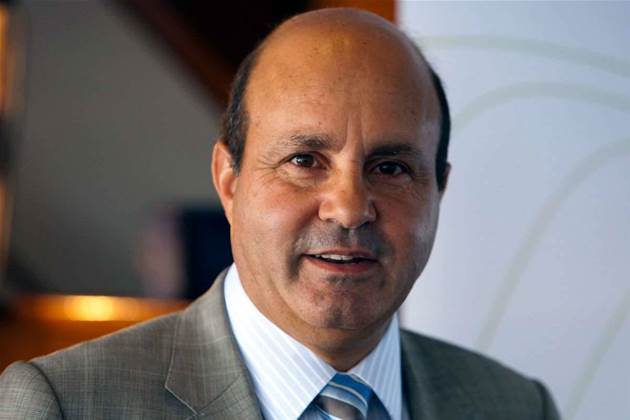The Internet Industry Association (IIA) has positioned itself behind the Government's National Broadband Network ahead of this weekend's Federal Election.

In a statement released this afternoon, the association outlined the benefits of a high-speed, optical fibre network.
IIA chair Peter Coroneos (pictured) said the association had been disadvantaged in forming a position by the Coalition delaying the announcement of its $6 billion NBN alternative until last Tuesday.
While the IIA was taking a "neutral position" about political parties, its position on technology was clear, he said.
Last month, the association called for bipartisan support for a national fibre rollout in its 50-page Principles for a Digital Economy manifesto (pdf).
"We felt a little disappointed by the Opposition's rejection of fibre," he said, describing the NBN as a future-proof network that could be easily and economically expanded with Australian demand.
"We've called for a nation-building approach to broadband. There are two parties that support that and one that doesn't," he said, presumably referring to the incumbent ALP, Greens and Coalition.
Coroneos had no praise for the Coalition's broadband policy, noting that the party hadn't "committed to fundamental market reform to the degree of the Government."
He argued that wireless, which formed a major part of the Coalition's broadband policy, relied on spectrum availability, and networks could become slow and saturated as demand for services grew.
This would have a negative effect on the IIA's 150 members, which were companies in the internet content, commerce and connectivity sectors.
Faster broadband would also improve access to health, education and aged care services, facilitate teleworking, and give birth to new ways of doing business, the association stated.
"[Speed is] not a 'nice to have', it's an essential part of a modern economy," Coroneos said. "Optical fibre based solutions like the NBN will mean a more stable and prosperous future for all Australians."
"This really is a critical part in the evolution of the internet. We are at a crossroads at the moment," he said.





.png&h=140&w=231&c=1&s=0)





 iTnews Executive Retreat - Security Leaders Edition
iTnews Executive Retreat - Security Leaders Edition
 iTnews Cloud Covered Breakfast Summit
iTnews Cloud Covered Breakfast Summit
 Melbourne Cloud & Datacenter Convention 2026
Melbourne Cloud & Datacenter Convention 2026
 The 2026 iAwards
The 2026 iAwards











_(1).jpg&h=140&w=231&c=1&s=0)



